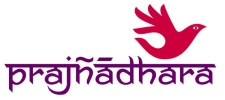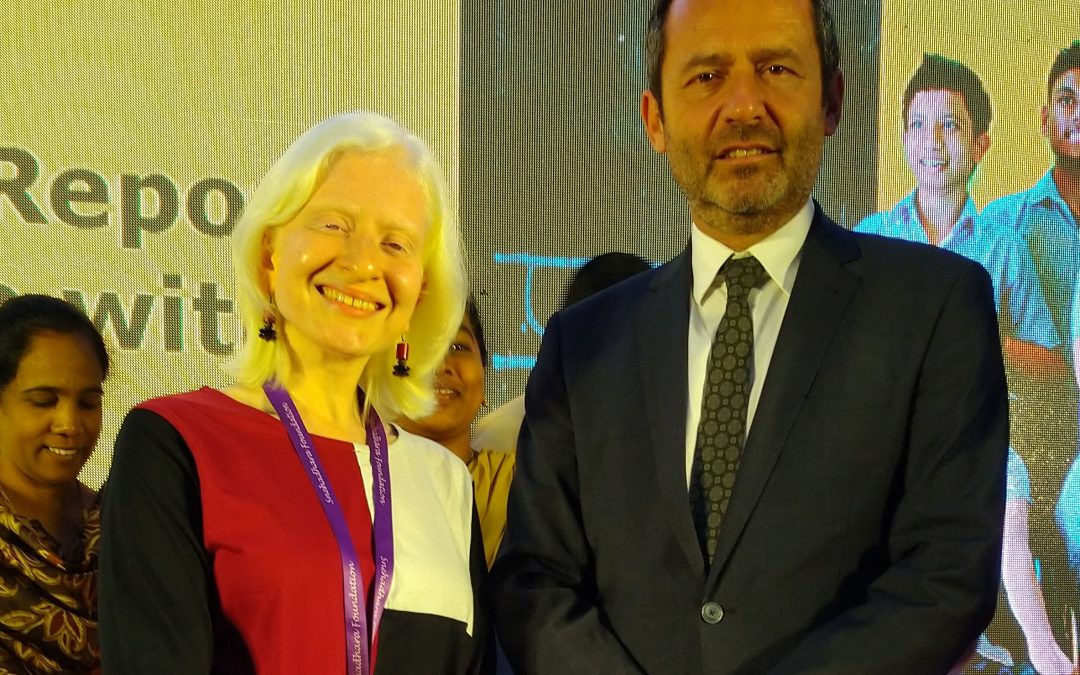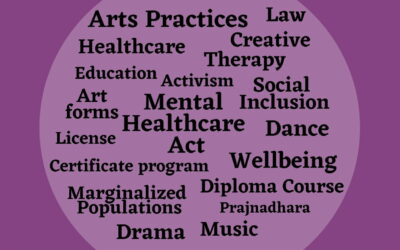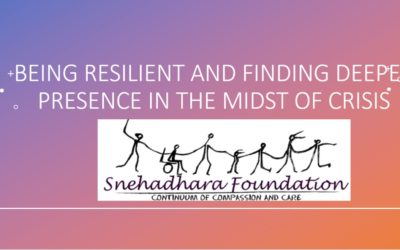When we choose to acknowledge and recognize each other as human beings, we choose to win the first battle towards inclusion. Children with special needs battle to seek education and literacy in a way that resonates with them. Today, states, organisations and people are gravitating towards making education an inclusive experience for any and all children with disabilities. As the country evolves, people also are finding it in themselves to sensitise themselves about special needs and find a way to radiate the same into the society.
On December 11th, 2019, UNESCO New Delhi launched a first of its kind report, ‘State of the Education Report for India 2019 – Children with Disabilities’ in Bangalore, Karnataka by the Director of UNESCO – India Region, Mr. Eric Falt. This was an event which highlighted educational inclusion for differently abled children in a positive light. The presentation not only found its way through words but also kept the engaged with videos of true examples of inclusive education across the country. States like Uttarakhand, Assam, Maharashtra and Karnataka have been excelling at creating more policies on a government level to make the classrooms more resourceful not just for the students but also for teachers.
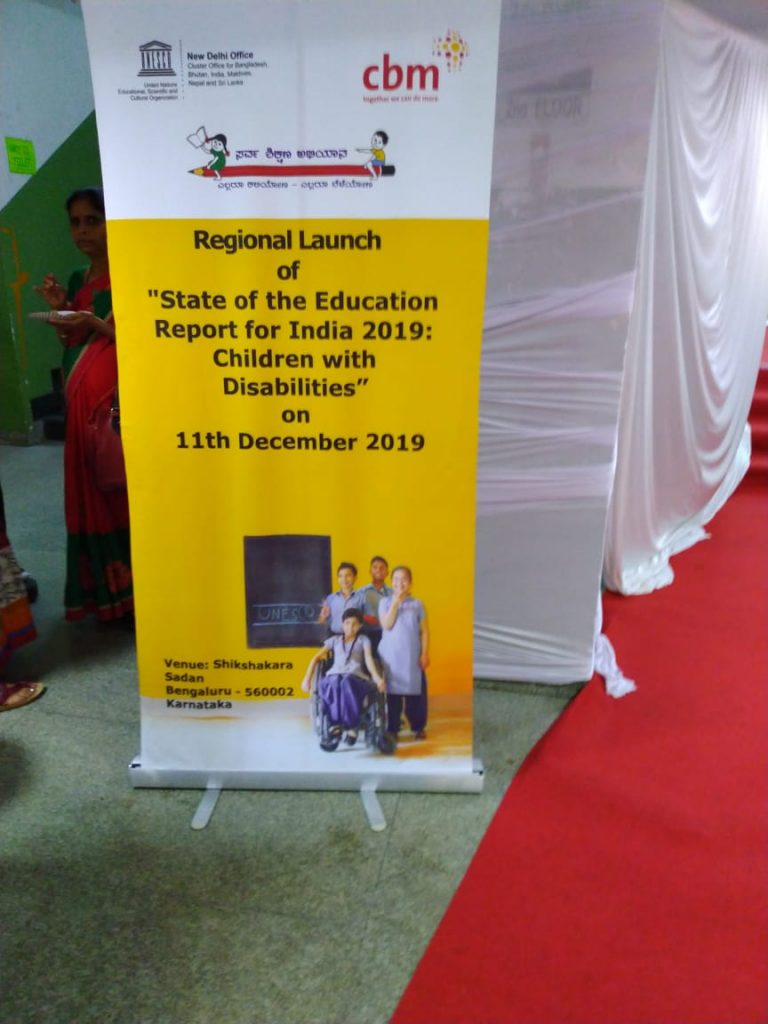 |
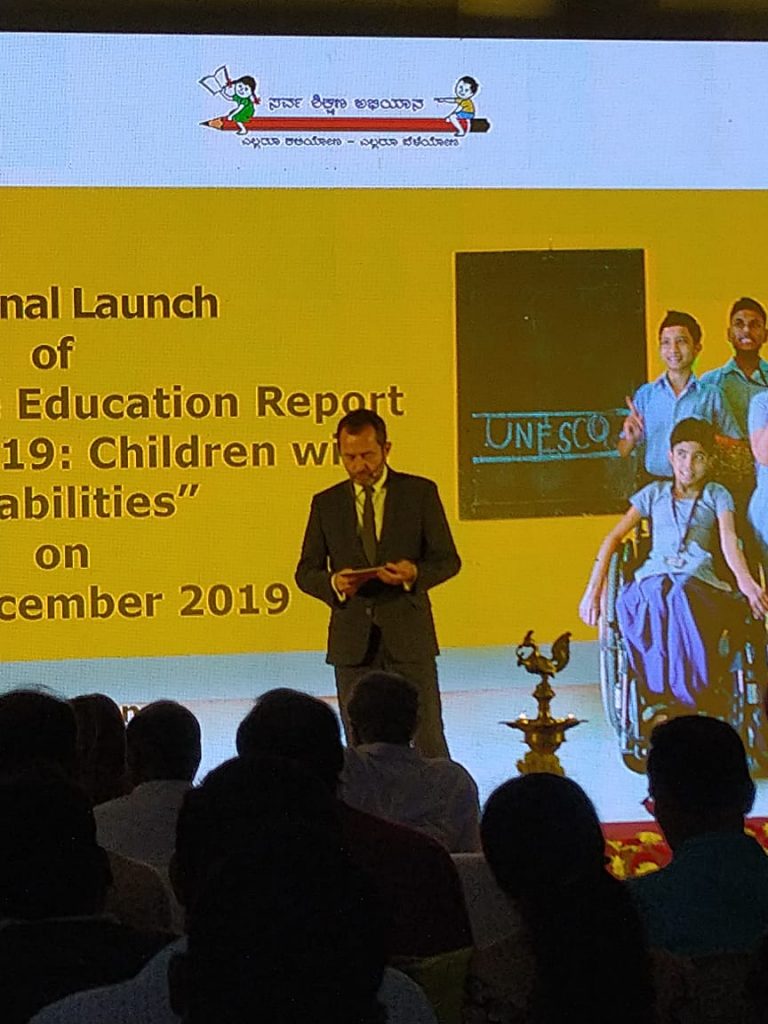 |
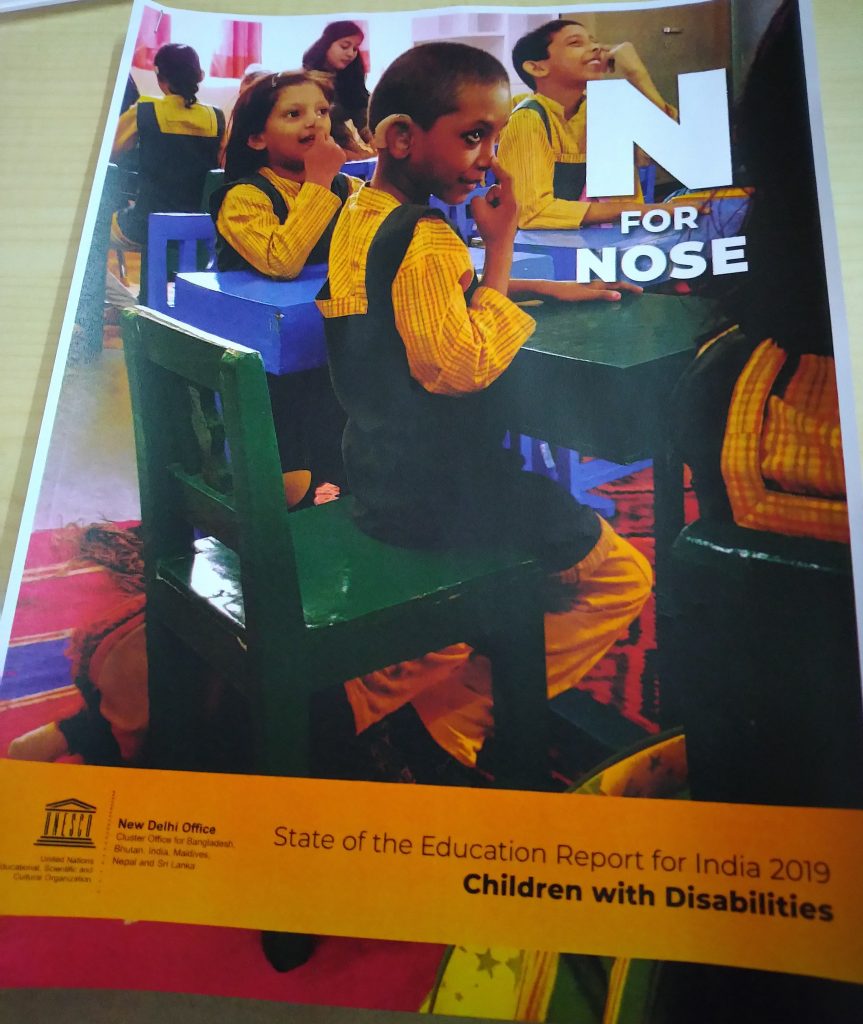 |
This report encourages training teachers to be more accommodating and skilled in working with children with special needs and allow them to cultivate an educational experience that would continue to help the children bloom and prosper as human beings. Inclusive education practices have been taken on by multiple organizations in the aforementioned states. They not only focus on academia but also look at diagnostics and assessment, assistive technology, therapy, and home plans for parents and caregivers further assisting children to develop functionally.
Aside from a positive lens for inclusive education, the report has also generated ten key recommendations for government policy makers. These suggestions take into account past and present rights and policies which can further be improved and widened in terms of scope and accessibility. Karnataka has already stepped forward and introduced 13 Centres for Early interventions across all state districts. They have also made accommodations for transport in rural areas where schools may be farther from residences in order to make education more accessible and attainable.
Snehadhara Foundation pioneers in Arts Practices for Inclusion which makes this event special. It recognises the need for training teachers and organizations to better equip them in working with children and adults with special needs, through the arts. SF not only believes in helping teachers grow but has also been associating with therapists and other professionals to empower and encourage inclusive spaces and practices in any and all capacities.
